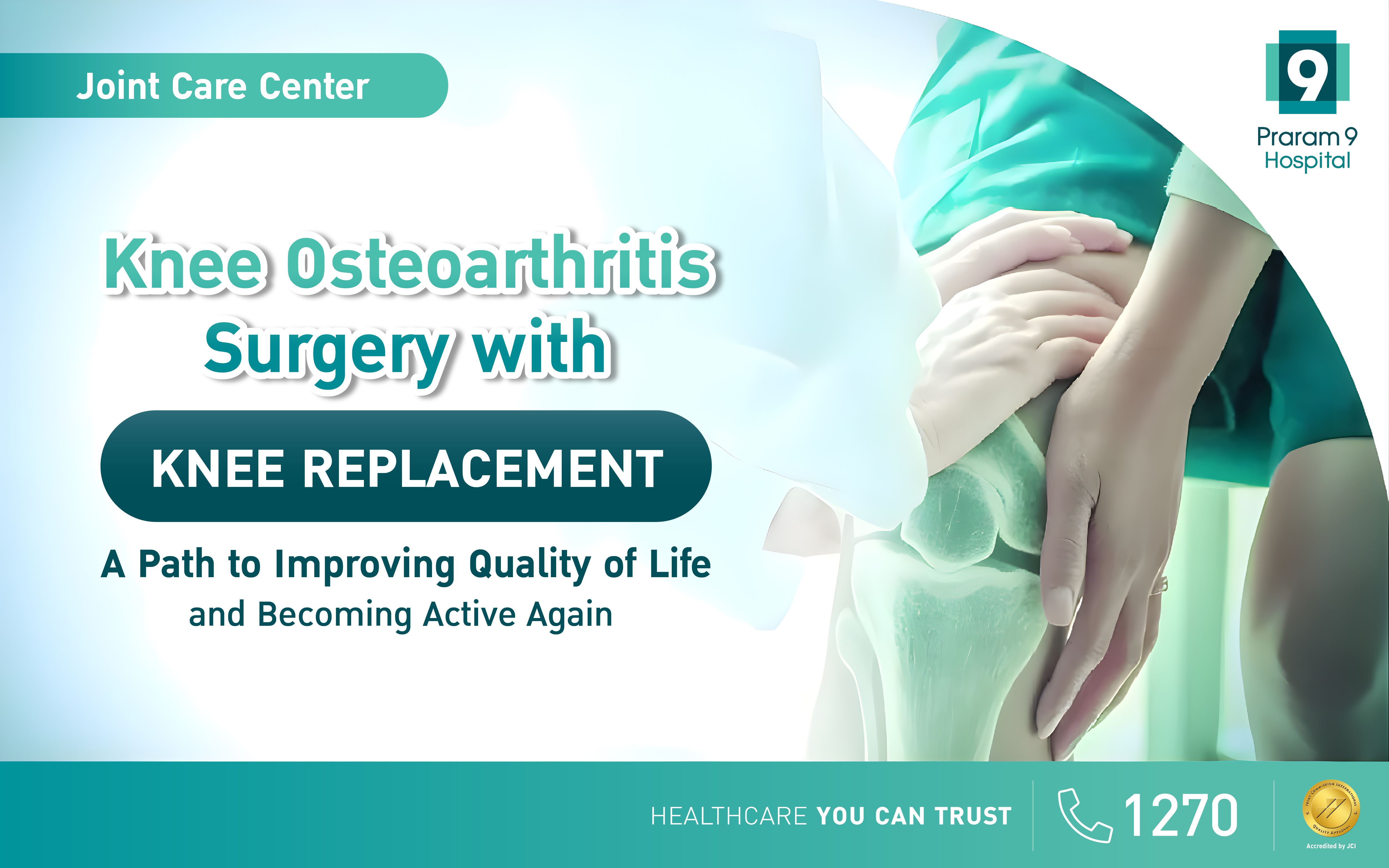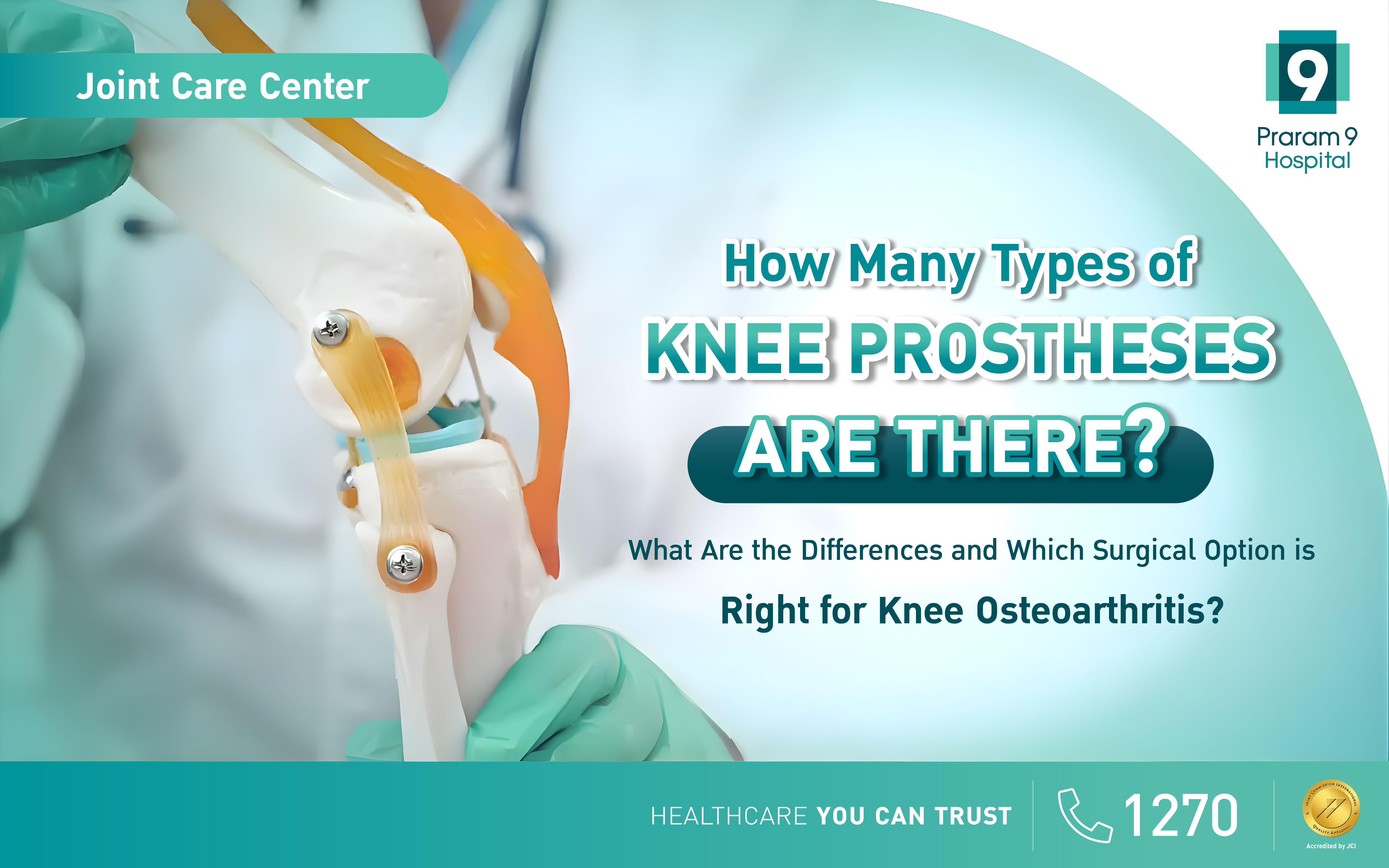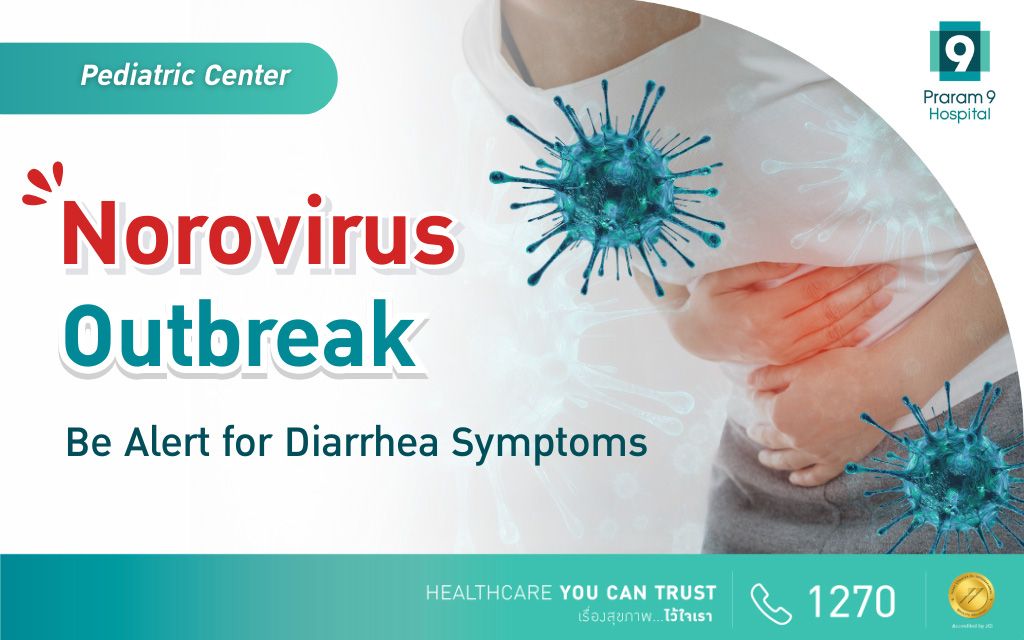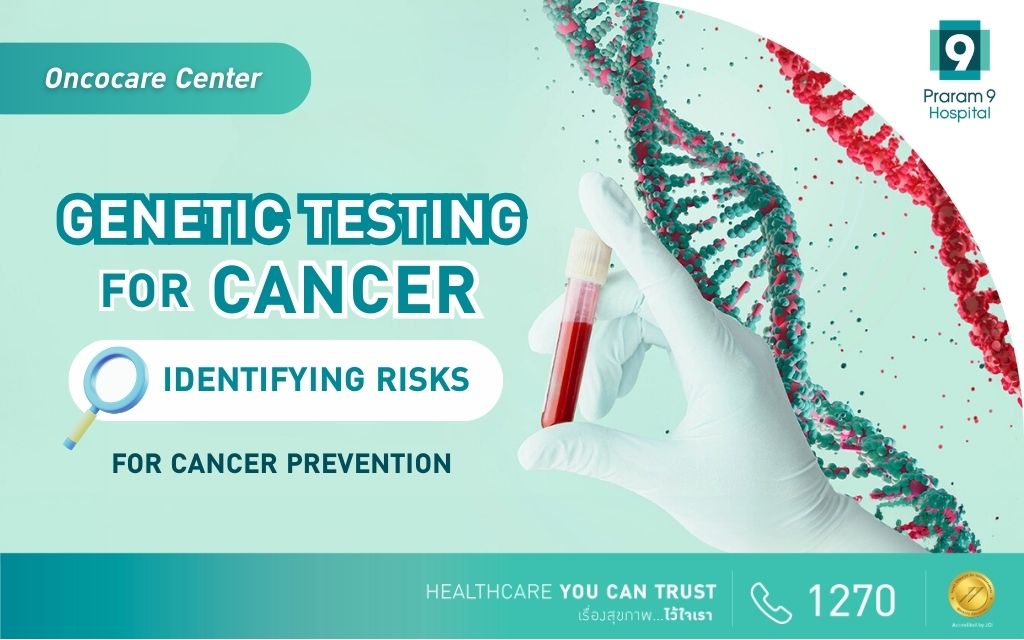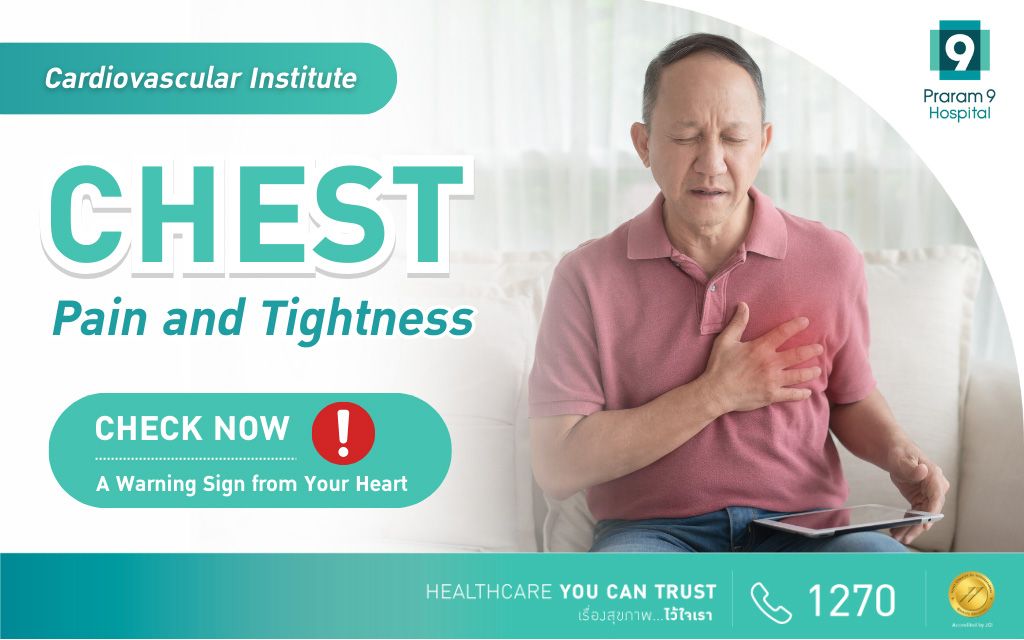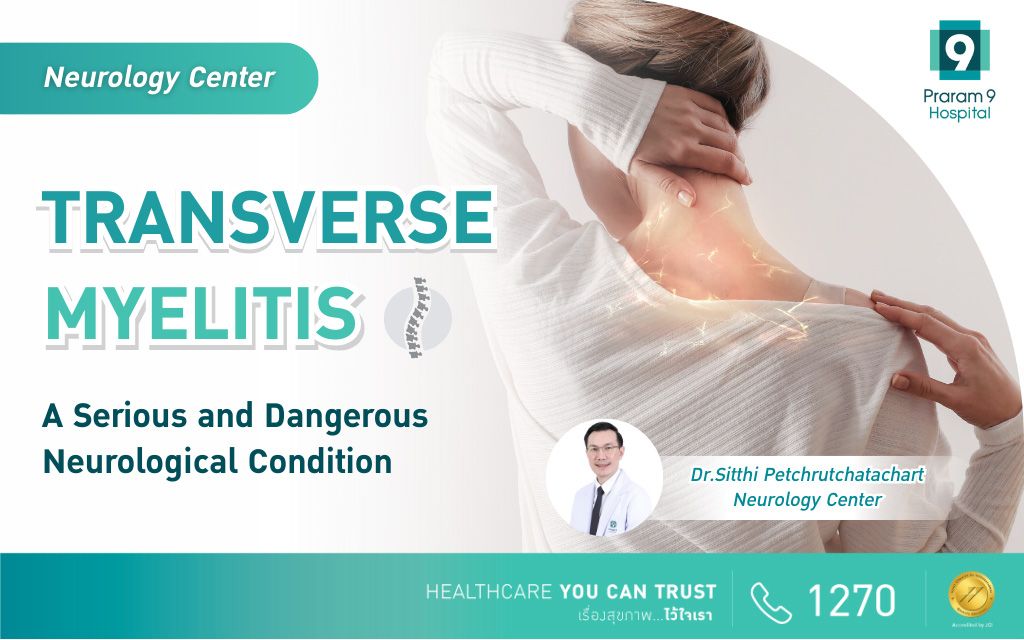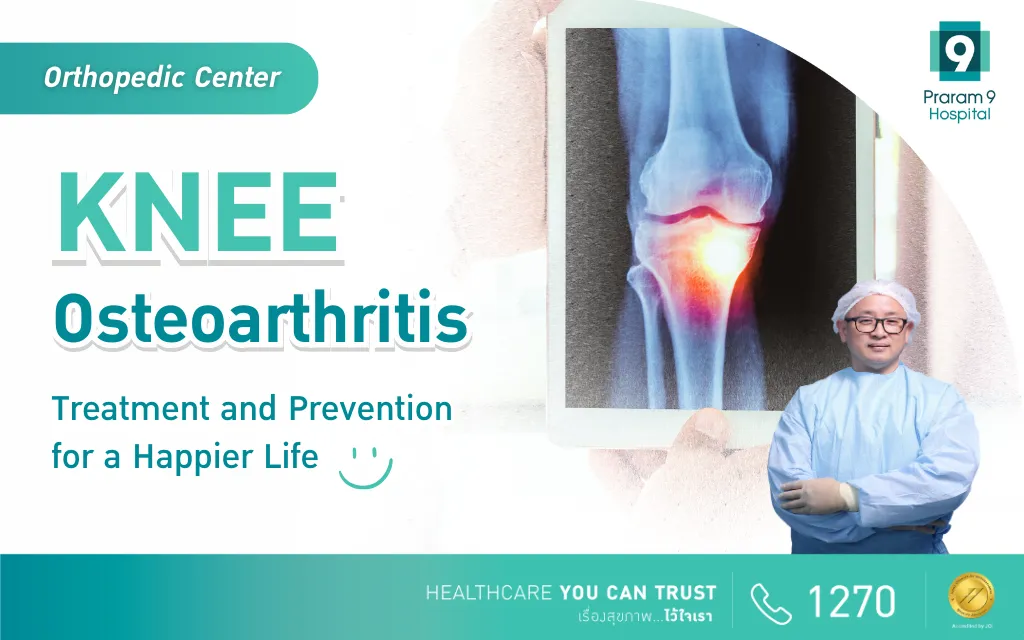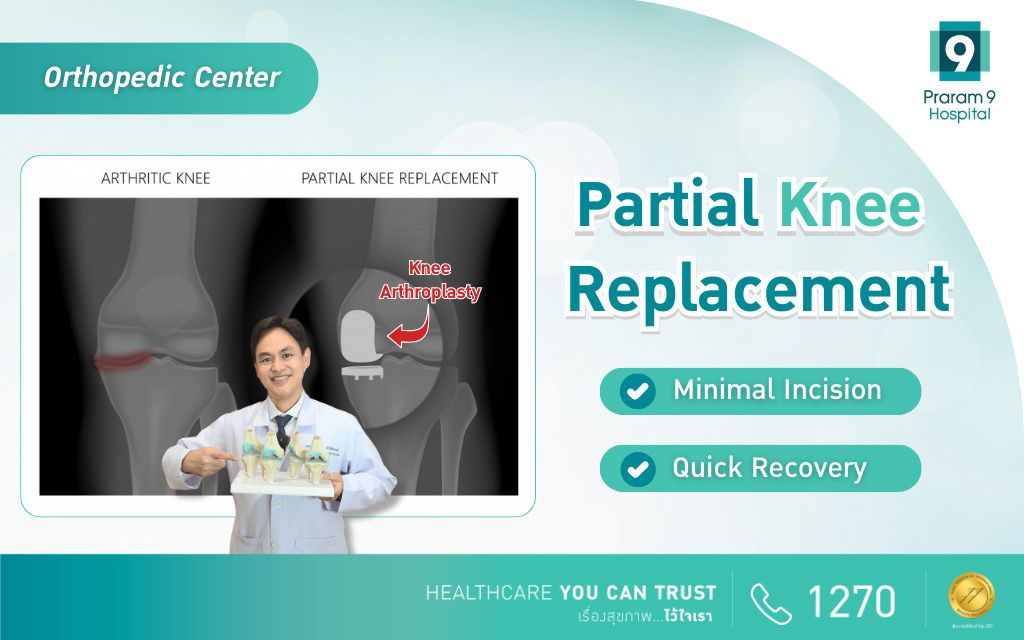Health Articles
Knowledge
Calcium score evaluate risk for heart disease.

Calcium score evaluate risk for heart disease.
Today, coronary artery disease is quite common, the rate of occurrence and mortality for this disease has increases. Important symptoms of this diseases include chest pain, tiredness and lack of strength. The cause of coronary artery disease usually are the constricted blood arteries and sudden failure of heart muscle that can lead to death without prior signs or signal from the body.
The causes of coronary artery disease include the accumulation of fats that get stuck to the wall in the blood arteries slowly over time. We call this state a degenerative change to the body by which the fats buildup on the wall of the blood arteries contain calcium contents which hardens the lumps of fat blockage. The test to measure the level of calcium in the blood arteries can be used to assess the amount of fats buildup the arteries.
Modern medical advancement has provided many different types of methods for detecting the risk of problems and issue that could potentially arise from coronary artery disease such as the test of fats level in our blood, measure of blood pressure, exercise stress test to name a few. Coronary calcium detection is one of the methods that has scientific data to backup its ability to use calcium level in the blood to assess future probability of illness that stem from blood arteries, and even surpasses the accuracy of some other screening methods.
CT Coronary Calcium Score can measure the level of calcium in the wall of blood arteries that feed to the heart and has the ability to detect it many years in advance. The CT Coronary Calcium score can be use to determine the risk of coronary artery disease occurring in the future. Furthermore, patients have increased risk of coronary artery diseases many folds if they have diabetes, high blood pressure, cholesterol and are a smoker. Therefore, they should check with their doctor to get useful data to help them detect, measure and assess their risk of possible future coronary artery disease.
Individual who are recommended to test for CT calcium score include:
- Individual who is of 45 years old and above
- Individual who has medium level of risk for heart disease
- Individual who has diabetes
- Individual who has kidney failure
More Information:
